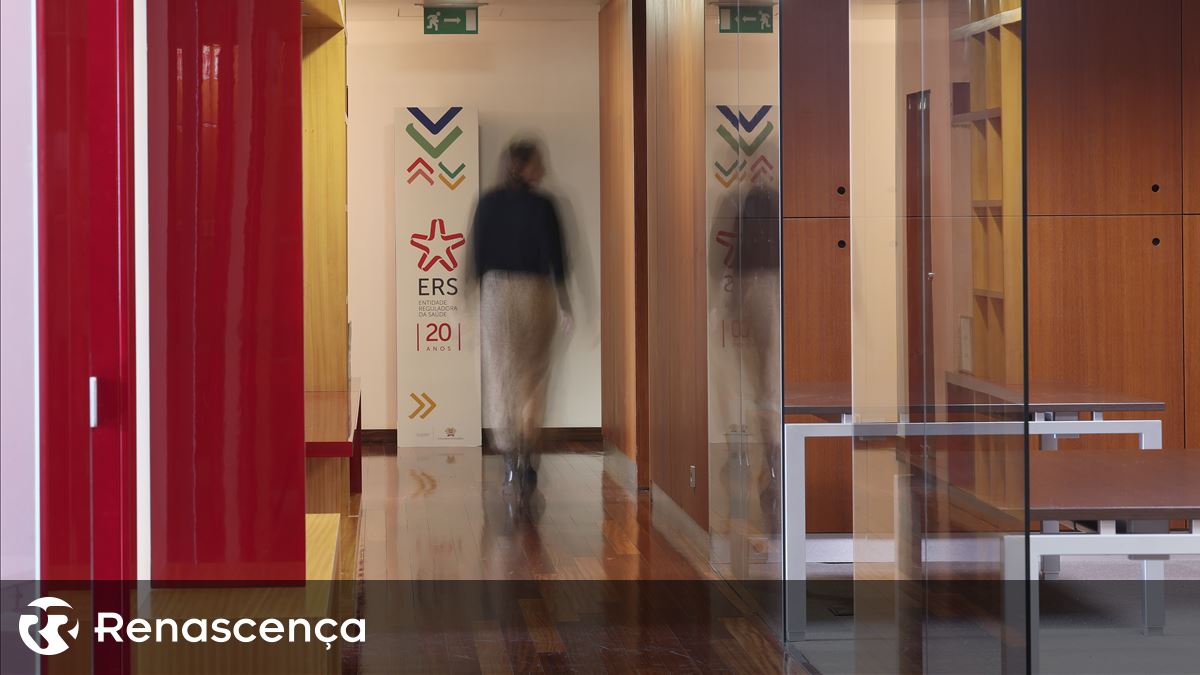The Health Regulatory Authority received 674 complaints regarding the SNS 24 line over more than eight years, of which 58% related to referring users to primary health care units without the ability to provide the service.
Considering the ratio of complaints per 100,000 inhabitants, a higher volume (424 complaints) was registered in the Lisbon Regional Health Department (ARS) in Lisbon and the Tagus Valley.
“Between 2018 and 2019, the number of complaints related to the SNS 24 line increased by approximately 219%, after suffering a negative variation of 49% in 2020, the year the pandemic began, and the upward trend resumed in 2021 and 2022, compared to the previous year ( 39% in 2021 and 64% in 2022).
During the period under analysis, it was found that 58% of users referred to primary health care units received an appointment within 72 hours of their referral, and of these, 49% were accepted within 24 hours of calling from SNS line 24, within the maximum guaranteed response time. Provider of care for reasons related to acute illness.
In turn, 42% of users referred via the SNS 24 line were unable to obtain an appointment at the health center within 72 hours of their referral, “but it was not possible to determine whether this happened due to a lack of initiative on part of the users and/or Due to the inability of the targeted health institutions.”
“From the analysis to the most recent period, taking into account only the data between March 1, 2021 and December 31, 2022, it is worth noting that 80% of users who were admitted to CSP up to 72 hours after referral via SNS Line 24 were observed in the first hour After acceptance, good compliance with TMRG [tempos máximos de resposta garantidos] It applies in this context,” he said.
Regarding the grant of exemption from paying the moderation fee, the study concluded that in 2021 and 2022, 4% (23,845) of users did not benefit from such a privilege, and it is true that 3% of the complaints analyzed refer to this fact which.
The SNS 24 line (808242424) saw an increase in the volume of phone calls by 513% between 2019 and 2022, due to the Covid-19 pandemic.
Citing data from the Shared Services of Ministries of Health (SPMS), the study, which began in 2023, highlights that the volume of activity in the User Care, Examination and Monitoring (STAE) service increased from 1,331,675 to 8,164,523 phone calls per year.
Depending on the type of referral, it became clear that “the increase in activity recorded in the period between 2021 and 2022 (…) was not matched by an increase of a similar magnitude in the number of users referred to health institutions, with self-care advice being provided in most situations.” [76% das chamadas]”.
Telephone calls aimed at self-care led to advice to stay at home, without having to go to a healthcare facility.
On the other hand, it was concluded that 23% of calls resulted in a referral to a healthcare provider, with 13% of users being referred to Emergency Services (ED)/Care Hospital (CSH), and 10% to Primary Care (CSP). 1% to the National Institute for Emergency Medicine (INEM).

“Writer. Analyst. Avid travel maven. Devoted twitter guru. Unapologetic pop culture expert. General zombie enthusiast.”


